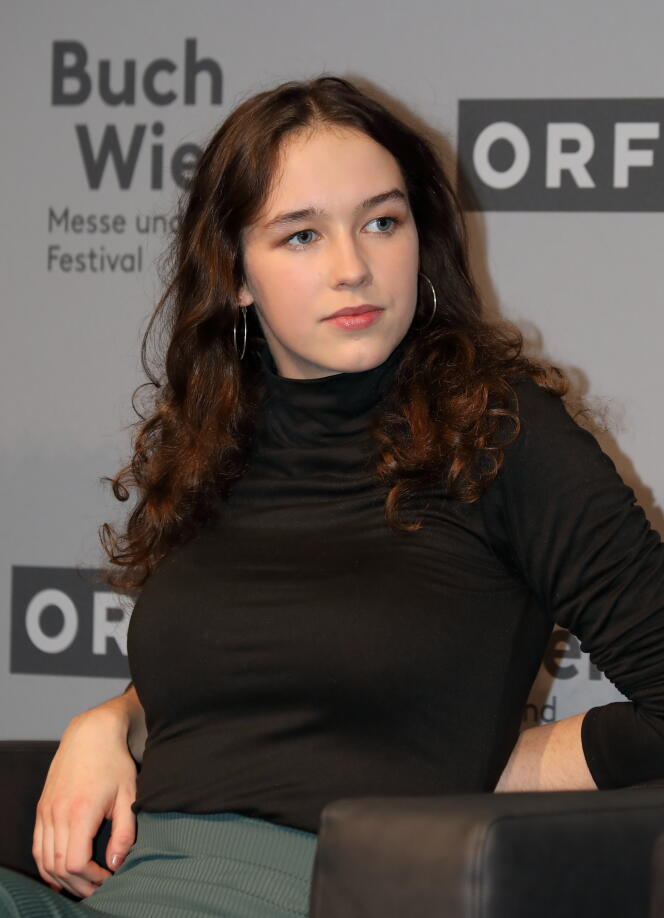


In a campaign where all her opponents will be men over 50 with long political careers already behind them, her presence stands out and will undoubtedly create fault lines. On Monday, January 22, amid rising tensions over climate policies, the leadership of the Green Alternative (Austria's Green party) made the radical decision to nominate its lead candidate for the European elections in June from among its campaigners: the country's most famous climate activist, Lena Schilling, a political science student aged just 23.
The youthful face of this Viennese woman has been well-known throughout this central European country since she led local protests for the Fridays for Future movement, launched by Sweden's Greta Thunberg in 2018. In 2021, she then became one of the leading figures in the long-running movement to occupy a Vienna wetland threatened with destruction as part of a project to build a motorway tunnel under the Danube. The project was eventually abandoned under pressure from environmentalists.
"As an activist, I spent five years in the streets. The question was: What would be the next step?" she said, in an interview with the daily Der Standard, published on Monday, January 22, stating her need "to go where the levers of power are, where climate change and social justice are blocked: into politics."
In 2022, however, she harshly criticized the electoral system in her book Radikale Wende ("Radical Turnaround," untranslated), calling elections "relevant but ineffective." What's more, a few months ago she was still giving interviews in which she said: "Fridays for Future activists will never join the Greens, [because] we no longer trust them to keep their promises."
"At the same time, perspectives sometimes change," she has said now, acknowledging that the climate protest movement has somewhat run out of steam. Werner Kogler, leader of the Austrian Greens, explained, "There are far-right attacks all over Europe but we have to fight the reactionary winds, and it's good that a courageous young woman is taking a stand against this."
Governing in coalition with the conservative Austrian People's Party since 2020, this choice should help the party's attempts to save its three MEP seats. Meanwhile, polls are currently far less favorable than the historic results achieved at the 2019 European elections.
Against them, the Freedom Party of Austria (FPÖ, far right) is well ahead in the polls, with around 30% of voting intentions. The FPÖ is campaigning on the growing frustration of some Austrians with environmental standards in general, and with environmental activists in particular. The party regularly attacks activists who stick to themselves to the roads to block traffic, calling them "small groups of climate terrorists."
You have 20% of this article left to read. The rest is for subscribers only.
